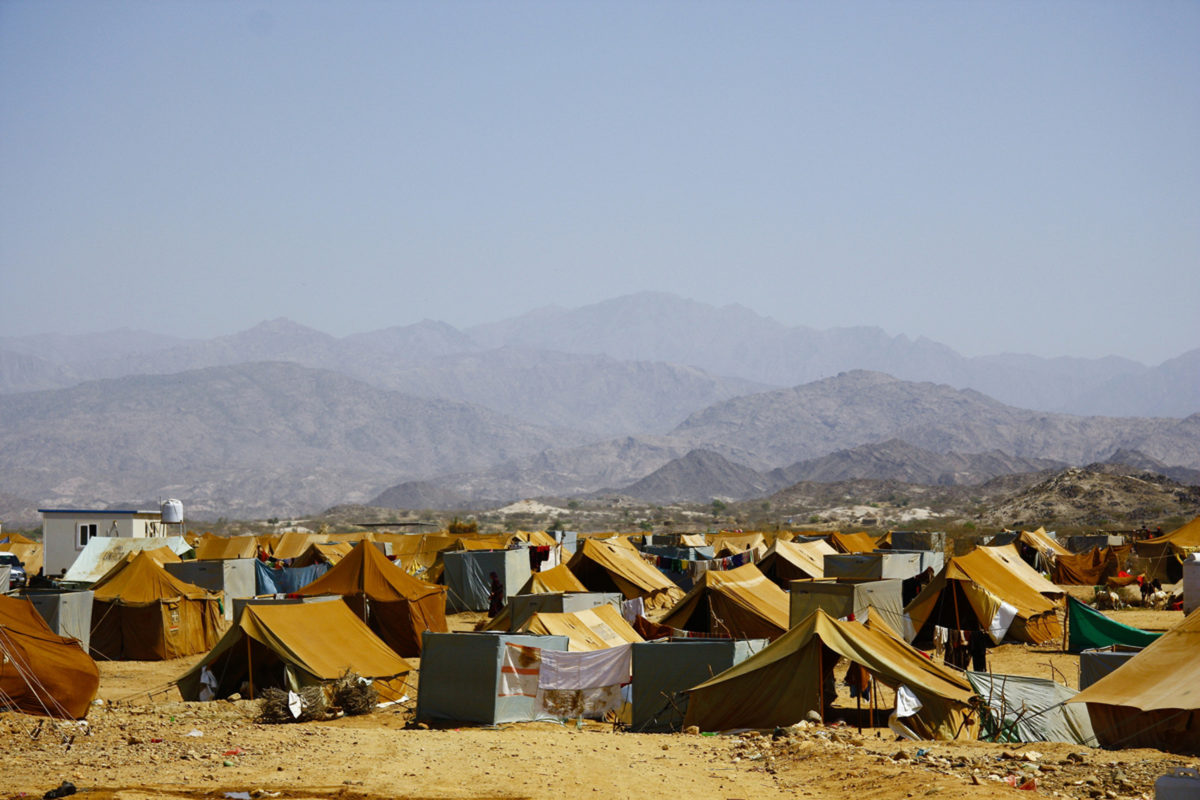Solar energy is expanding at a faster pace in the Middle East, including in Yemen, a country which is plagued by an ongoing civil conflict since 2015.
According to the policy paper, “Study on the Use of Solar Energy and its Future in Yemen”, published by the local NGO, Studies and Economic Media Center (SEMC), the total installed PV capacity in Yemen is estimated to be around 300 MW.
Almost all of this capacity was installed in the country in the period 2015-2017 in both urban and rural Yemen, stress the authors of the report. More recently, they go on to say, many farmers have resorted to solar pumping schemes.
These results were made possible by the initiative, Promoting the Use of Solar Technology, which was launched by the Ministry of Industry and Trade in 2014.
However, according to a recent statement from Yemen’s Minister of Electricity and Energy, Abdullah al-Akwaa, the country’s installed PV capacity may be even higher. “Yemenis produce what might total 400 MW of solar power on their own initiative, as they purchase and install solar panels on their roofs to get free energy from the sun,” said the minister at the International Solar Alliance fair in Abu Dhabi last Thursday, according to Saba Net.
The SEMC study reports, however, that several challenges, such as economic inflation and devaluation of the currency, which makes the purchase of PV equipment more expensive, are negatively impacting the further development of solar in Yemen. Furthermore, the absence of quality control is causing the proliferation of fake products in the market, the report notes.
Popular content
The authors of the paper also believe the use of solar energy in Yemen could provide the Yemeni economy with huge economic returns of hard currency, by saving 675 thousand tons of fossil fuels, worth around US$600 million for every 1 gigawatt of generated electricity.
According to another recent report from the Center for International & Strategic Studies, solar is becoming more popular among Yemenis, as a consequence of the fact that power supply was reduced by 70% in Yemen since the beginning of the civil war, after key power stations were destroyed.
“Cheap Chinese solar panels can provide a household with enough energy to operate lights, a washer, and a television each day, and they go for as little as $80 in local markets. Once they have been purchased, the electricity costs go to zero,” says the agency in its report.
The Yemeni civil war is being fought by two factions, which claim both to constitute Yemen’s official government: The forces loyal to the government of President Abdrabbuh Mansour Hadi, which is internationally-recognised; and those of the Houthi rebel movement, which currently controls the country’s western region.
This content is protected by copyright and may not be reused. If you want to cooperate with us and would like to reuse some of our content, please contact: editors@pv-magazine.com.



3 comments
By submitting this form you agree to pv magazine using your data for the purposes of publishing your comment.
Your personal data will only be disclosed or otherwise transmitted to third parties for the purposes of spam filtering or if this is necessary for technical maintenance of the website. Any other transfer to third parties will not take place unless this is justified on the basis of applicable data protection regulations or if pv magazine is legally obliged to do so.
You may revoke this consent at any time with effect for the future, in which case your personal data will be deleted immediately. Otherwise, your data will be deleted if pv magazine has processed your request or the purpose of data storage is fulfilled.
Further information on data privacy can be found in our Data Protection Policy.